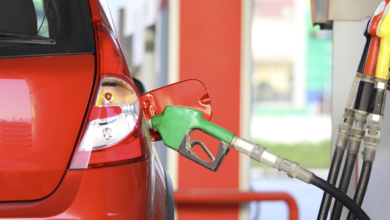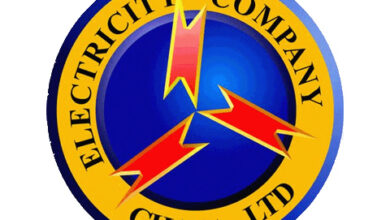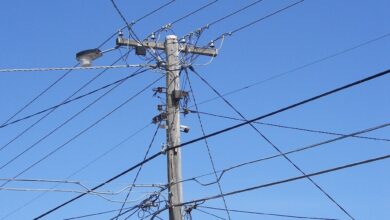It’s unfair for low-emitters to pay same emission levy as high-emitting vehicles – ICEG

The Institute of Climate and Environmental Governance (ICEG) has said though progressive, there is a lack of clarity around the implementation of the emission levy that started from Thursday, 1 February 2024.
“Despite the progressive nature of the levy, ICEG is concerned about the apparent lack of commitment by the government beyond the imposition of the levy, to investing the expected revenue on financing green infrastructure”, the group said in a statement. It added: “Based on the analysis of the Act, there is no stated portfolio established to use the revenue generated to finance our energy transition efforts”.
ICEG warned of the risk of mismanagement of the funds, noting: “Countries like Germany and Italy use almost 95%” of their emissions taxes “to finance their green projects and initiative but there is the risk in Ghana that, the money will be spent on unrelated issues”.
It also said it was not fair for low CO2 emiiting vehicles to be paying the same levy with high emitters.
“Our position is anchored on the school of thought that different motor vehicles emit CO2 at varying levels depending on the year of make of the vehicle and its maintenance regime. This makes it unjust for low polluters to pay the same rate as high polluters”.
It proposed the setting up of an Emissions Fund for proper accountability.
ICEG said a progressive tax structure approach that promotes equity and fairness should be considered to ensure the perpetual use of cleaner vehicles. “Thus, rates associated with emitters who use internal engine combustion motor vehicles up to 3000 cc should be redefined. Regardless of the engine size, owners of motor vehicles manufactured within five years should not be subject to the same rate as those with motor vehicles manufactured over five years”.
The levies are as follows:
1. Motorcycles and tricycles – GHS75 per annum
2.Motor vehicles, buses and coaches up to 3000 cc – GHS150 per annum
3.Motor Vehicles, buses and coaches above 3000 cc – GHS300 per annum
4.Caro trucks and articulated trucks – GHS300 per annum
The Emission Levy Act, 2023 (Act 1112) was been passed to impose a levy on carbon dioxide equivalent emissions on internal combustion engine vehicles.
The implementation of the levy, according to the government, is aimed at tackling greenhouse gas emissions, to promote the use of eco-friendly technology and green energy, and improving environmental management while controlling general levels of air and water pollution.
Under section 4(4) of Act 1112, a person required to issue a road use certificate (Driver and Vehicle Licensing Authority (DVLA) and other testing centres) shall demand evidence of payment of the levy before issuing a Road Use Certificate.
All vehicle owners have, thus, been advised to register and pay the levy on the Ghana.gov platform only.







